On the afternoon of January 13, 2020, Electronic Major Cognition Activity for Outstanding Middle School Students in Beijing was successfully held in our department. A total of 130 middle school students from various middle schools in Beijing paid a visit to the Rohm Building, the nine-storey teaching experimental center of the main building and the AI open platform, who also listened to professional cognitive lectures, visited laboratory, department history museum etc., which is colorful and exciting. A preliminary impression towards the Department of Electronic Engineering was formed in the mind of the students through such visit, which makes them have a understanding of undergraduate education of the Department of Electronic Engineering characterized by "wide coverage and deep foundation" and deeply experience the well-equipped laboratory equipment and platform.
Firstly, Professor Niu Zhisheng of the Institute of Communication of the Department of Electronic Engineering gave a lecture on professional knowledge with the topic about research of unmanned vehicles. Under the guidance of Teacher Niu, students had a preliminary understanding of the specific research direction of the Department of Electronic Engineering.
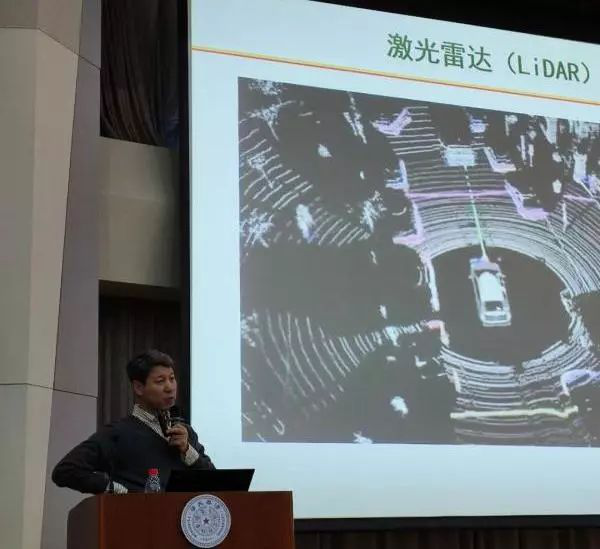
Next, the students paid a visit to the History Museum of the department. Under the guidance of volunteers, the students learned the magnificent development process of the Department of Electronic Engineering over the past 60 years. Since the establishment of the department, it set up a branch in Mianyang and through continuous reforms and innovations, it is marching forward towards the world-class department. The students are truly moved by the spirit of "hard work and the serious and pragmatic at work" of Department of Electronic Engineering, and the outstanding achievements made by generations of students graduated from Department of Electronic Engineering have also inspired them to make continuous efforts and pursue excellence.
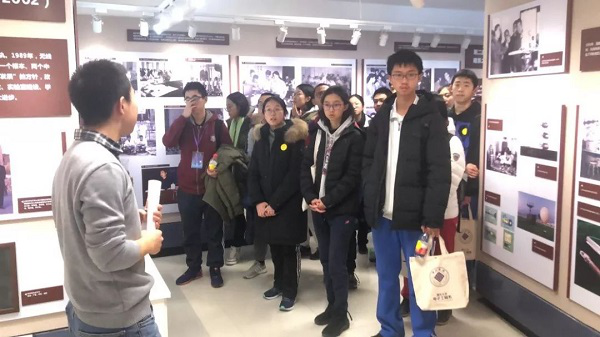
Then, the volunteers led the students to visit the laboratories on each floor of the Rohm Building and the display panel in public areas in groups. In each exhibition area, specially-assigned volunteers at site gave explanations to the students and answered their questions. The research direction characterized by wide-coverage dazzled the eyes of the students who have also learnt a lot from the interactive display and sharing activity.
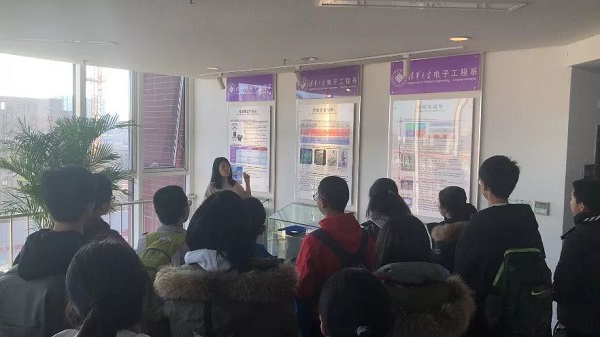
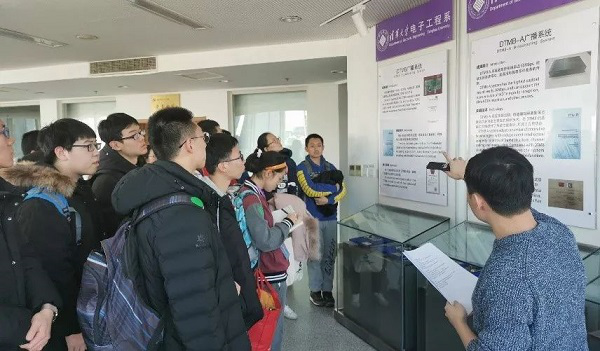
During the laboratory visit, the students paid a visit to the microwave dark room, the media big data center, the electronic circuit laboratory, the scientific innovation center laboratory, the optoelectronic laboratory and the electronic system design laboratory successively, and made a preliminary understanding of the intelligent robot course opened by the department and the AI chip industry. The students are amazed by these high-end experimental platforms and are quite interested in the novel, interesting and ingenious experiments. The good explanations of teachers and volunteers showed them the principles behind these experimental phenomena in a manner that is popular and easy to understand. During the visit, the students had the change to listen to lectures and take part in practical exercises, which not only helps them understand the experimental courses offered by the Department of Electronic Engineering, but also stimulates their enthusiasm in exploring problems by themselves.
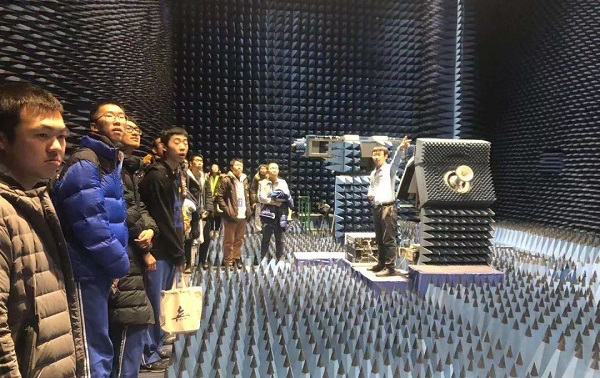
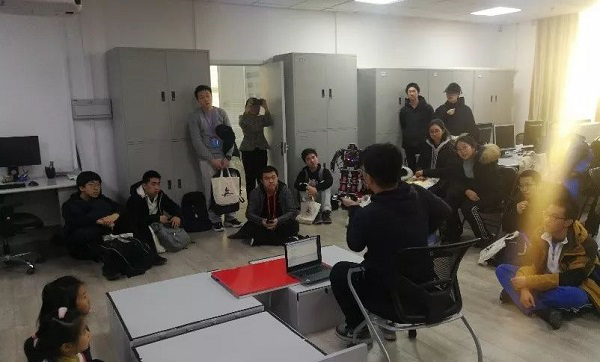
Finally, we invited Yao Song, an outstanding graduate of our department, to introduce DeePhi and AI chip from his own personal experience, and to give suggestions on major selection and life planning to the students as a senior student.
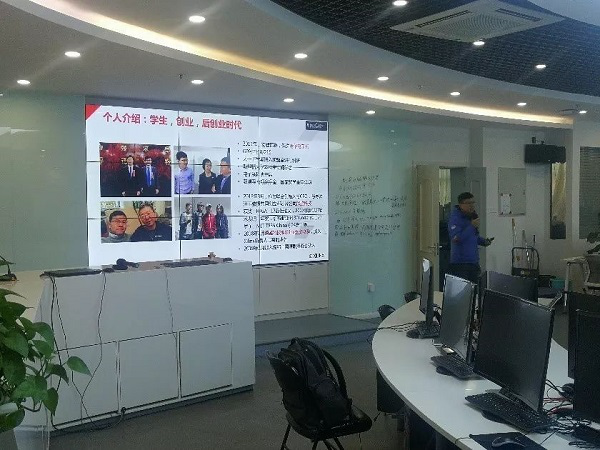
So far, this cognitive activity in electronic field ends in a satisfactory way. This activity received favorable reviews from the participating students who were deeply impressed by the wonderful special report and the colorful laboratory activities as well as expressed their yearning for the unique training concept of the Department of Electronic Engineering. Many of students said, in the process of talking with volunteers, this activity broadened their views and helped them learn a lot. We also hope that these students can realize their dreams of learning in Tsinghua University and the Department of Electronic Engineering, and further make their contributions to China's electronics industry in the future.
Written by Li Xiaoxiang
Copyright© Department of Electronic Engineering, Tsinghua University, Address: Tsinghua University, Haidian District, Beijing; Zip Code: 100084